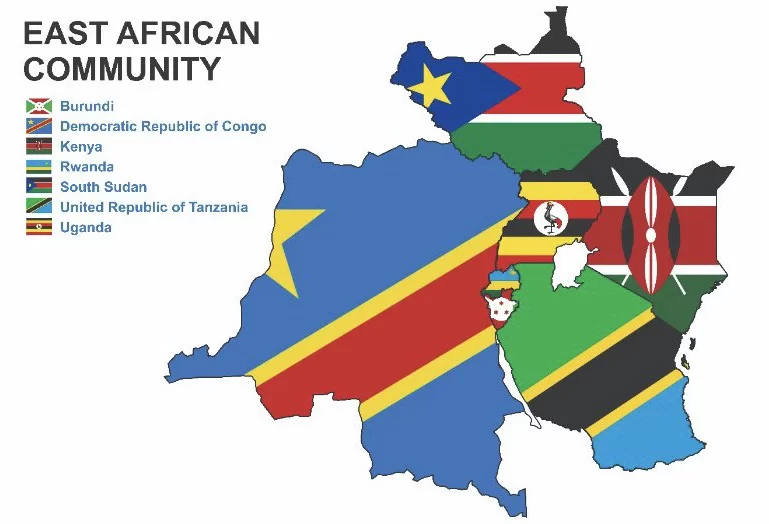Regional leaders and stakeholders have renewed calls for the East African Community (EAC) Council of Ministers to expedite the adoption of Kiswahili as the bloc’s official language.
According to a statement on the EAC Secretariat website, leaders are urging the Council of Ministers to amend the Treaty for the Establishment of the EAC to facilitate this change.
As hundreds gathered on Sunday to celebrate the third World Kiswahili Language Day in Mombasa, Kenya, leaders and Kiswahili experts emphasized the importance of the language in fostering unity and solidarity across the region. They also called on all EAC partner states to implement laws and policies promoting Kiswahili.
Kenya’s Cabinet Secretary for Gender, Culture, the Arts and Heritage, Aisha Jumwa, highlighted the significant cultural and economic contributions of Kiswahili in her keynote address. “Kiswahili is our unifying language in the region, with over 200 million people speaking it. I urge all EAC partner states to push for laws and policies to be written and published in Kiswahili,” said Jumwa.
Jumwa praised non-regional Kiswahili professionals for their training initiatives that support the language’s spread and the formation of Kiswahili Clubs across the region. She also emphasized the global usage of Kiswahili and the ongoing efforts by stakeholders to promote the language.
The celebrations followed a two-day international conference organized by the East African Kiswahili Commission (EAKC), which focused on the theme “Kiswahili, Multilingual Education and the Enhancement of Peace.” The conference explored the vital role of language and education in promoting regional peace.
Uganda’s Minister of State for EAC Affairs, James Ikuya, reaffirmed Uganda’s commitment to adopting Kiswahili as an official language, noting that it is now a compulsory subject in the country’s schools. “With our language, we can set our own agenda. Kiswahili is our own language,” said Ikuya.

